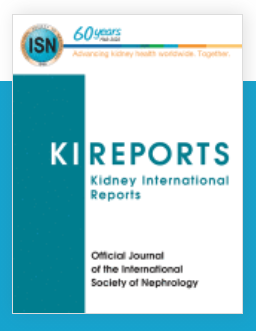By Alice Yang, Intern
Implementing policy changes to improve access to kidney transplants and overcome disparities is an important first step in reaching these goals, but it is not enough. Three major policy changes have aimed at improving end-stage kidney disease outcomes and increasing access to transplants. These include the kidney allocation system (KAS) in 2014, the Advancing American Kidney Health Initiative in 2019, and finally, new changes implemented by the Centers for Medicare and Medicaid Services under the end-stage renal disease Quality Incentive Program (details about all of these changes can be read about in the full article here). In a recent publication titled “Why policy changes may be necessary but not sufficient in overcoming disparities,” the authors analyze how despite these aforementioned policy changes, the quality of care and increase in better outcomes regarding kidney disease and transplants has seen little to no change.
The authors explain that although enacting these policy changes serve as an important and necessary first step, it does not ensure that these changes will be fully integrated into the healthcare system enough to stimulate real changes in medical practice. A present study, the Allocation System Changes for Equity in Kidney Transplantation (ASCENT) has shown that implementing multilevel and multicomponent interventions are effective at improving patient knowledge and outcomes. Multilevel and multicomponent interventions involve analyzing various levels of the subject in the study. For example, in the ASCENT study, researchers studied how to integrate policy changes by intervening with hospital management, physicians, nurses, and other staff, all of which are at different levels in the hospital system. This study is one of the first multilevel, multicomponent interventions of its kind, and its results show that after providing information to medical directors and staff in the forms of webinars and videos about changes in the new KAS, knowledge increased only slightly. Results showed that short webinars are not enough to thoroughly educate providers on new changes. This begs the question of how can we integrate policy changes more effectively? The complete results from the ASCENT study must be published before we can confirm the effectiveness of multilevel interventions, but information from Simon Sinek’s book, Start With Why, shows that asking why new policies need to be implemented, discussing how these changes can be adopted, and then incorporating what needs to be done at each individual center may also be effective in educating providers in new policy changes.
Regardless of how it will be done, one thing is clear: educating providers in new policy changes is essential in making sure that the disparities in healthcare, specifically involving kidney transplants and end-stage kidney disease, are reduced. If you are a healthcare provider at any dialysis center or involved in treating kidney disease, please consider taking the time to educate yourself and your staff about new policy changes and altering care delivery in order to adhere to these new policies. By working together and educating those around you, you can help to ensure the best possible care and outcome for your patients. If you are a patient, visit exploretransplant.org to learn more about the work we are doing in kidney transplant education and support.

